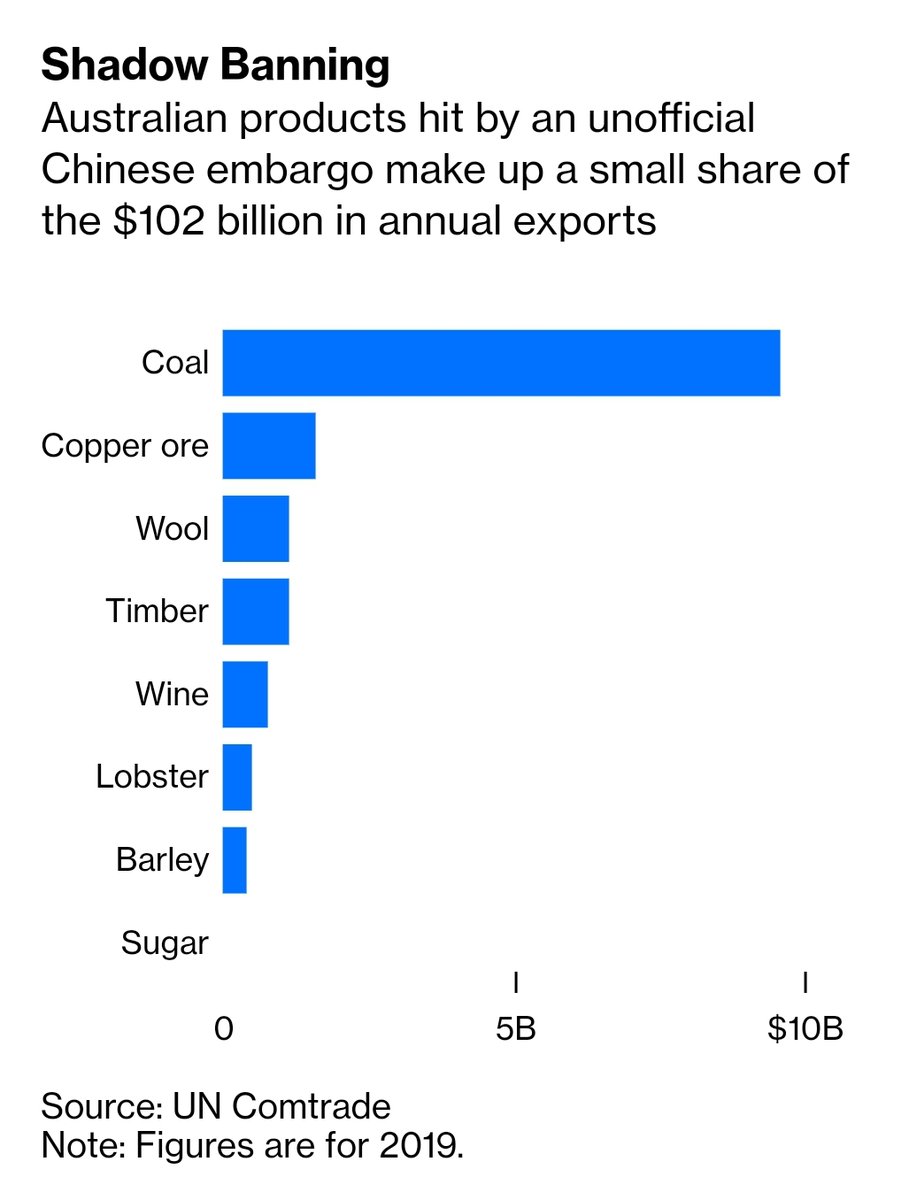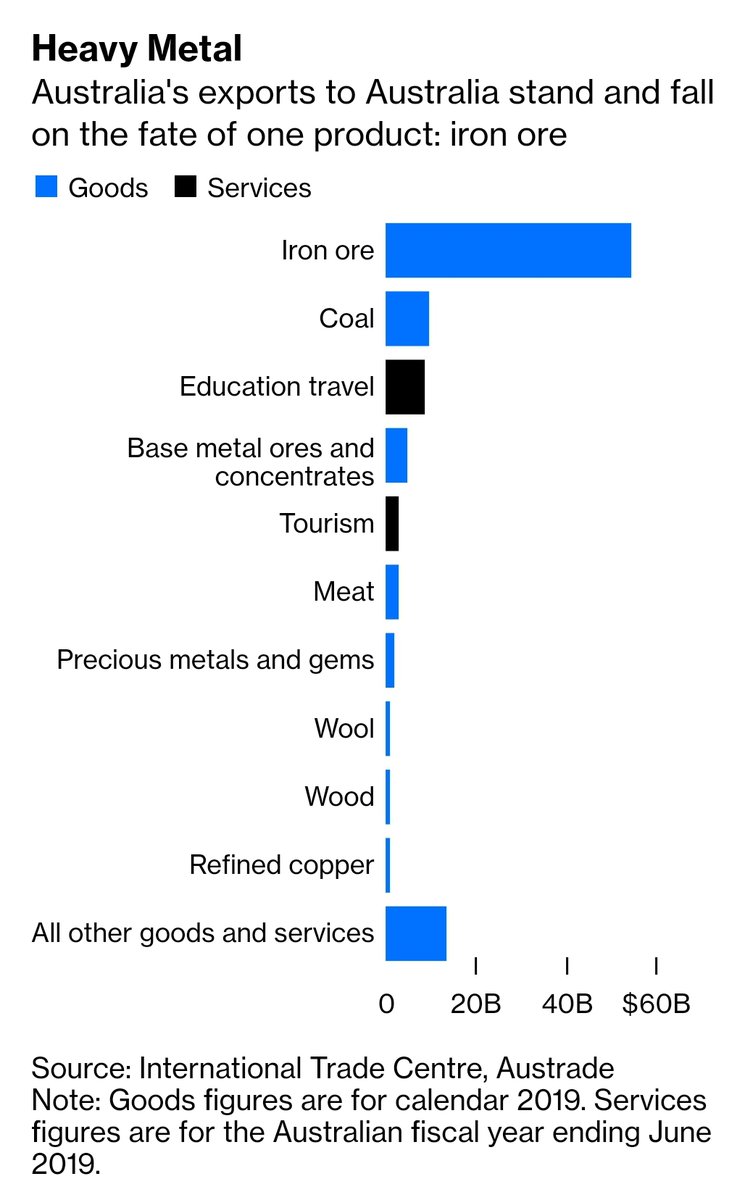
Am I the only one who finds some of these 1960s numbers just ... not credible?
You see the UK, Spain and Denmark in 1965 spending less than an hour, between both parents, for *all* daily childcare tasks.
You see the UK, Spain and Denmark in 1965 spending less than an hour, between both parents, for *all* daily childcare tasks.
https://twitter.com/_HannahRitchie/status/1338465169874313220
That to me looks like sampling bias of some sort, or maybe survey response changes such as whether you consider making dinner to be "childcare" or not. Perhaps also something to do with the decline of domestic service?
I don't want to look like a feckless parent, but did the average parent in Denmark in 1965 really spend no more than ~10 minutes a day "washing, feeding, preparing food, putting to bed, supervising and playing with children"?
I can spend that long getting one child to put his shoes on!
• • •
Missing some Tweet in this thread? You can try to
force a refresh






